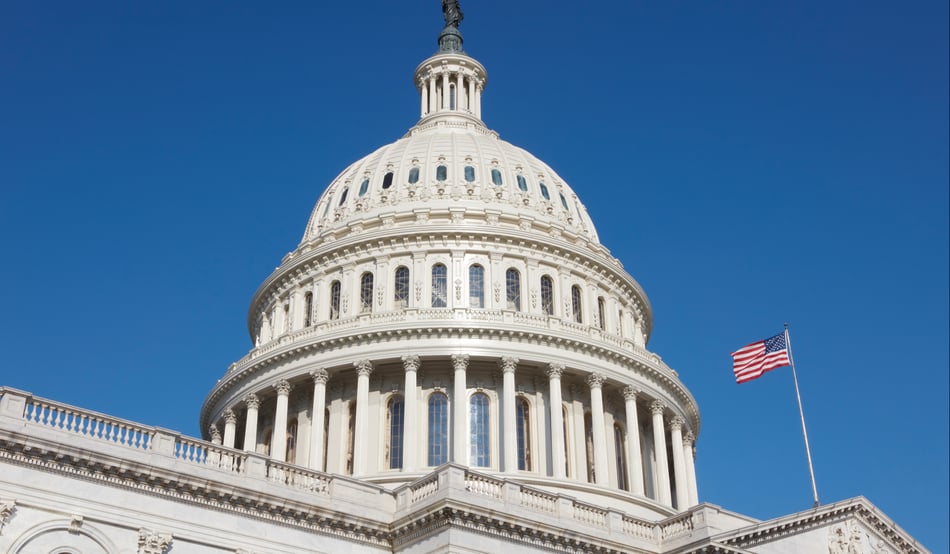

Once again, Washington is in the headlines as lawmakers wrestle over a new spending plan and the possibility of a government shutdown. For many, this adds to a year already marked by policy changes on trade, taxes, immigration, and more—plenty to make investors uneasy.
It’s natural to wonder how all this political drama might affect your investments, especially if you’re concerned about the federal budget deficit or rising national debt. But history tells an important story: markets tend to move on from shutdowns with little long-term impact. Understanding that pattern can help you stay focused when the news cycle heats up.
Shutdowns Make Headlines, Not Market Waves
Government shutdowns can be painful for federal workers and disruptive to public services, but their effect on financial markets has historically been small. This is one of those times when separating political views from investment decisions is essential. Short-term noise in Washington shouldn’t drive your long-term financial plan.

Why Shutdowns Happen
Each fall, Congress must pass a budget to fund the government for the new fiscal year starting October 1. When that doesn’t happen, agencies run out of spending authority, workers are sent home without pay, and services stall. Because Congress rarely meets the deadline, temporary “continuing resolutions” are often used to keep the lights on while negotiations continue. Right now, lawmakers are again debating a stopgap bill.
This year’s fight is mainly over healthcare spending priorities, but it reflects a deeper struggle over the size and role of government. With federal debt at roughly 120% of GDP, most agree discipline is needed—just not on how to achieve it. Adding to the uncertainty, the current administration has asked agencies to prepare permanent workforce reductions, a shift from the usual temporary furlough plans. That could create longer-lasting effects on jobs and spending.
Markets Care About Fundamentals, Not Headlines
Despite all the noise, markets have generally shrugged off past shutdowns. That’s because these disruptions don’t change the underlying economy. They can delay government data reports—like jobs numbers or inflation figures—but those simply get released later. If a shutdown drags on, it may dent short-term growth as federal workers delay spending, but even that impact has been modest.
As we’ve seen with other policy swings, such as tariffs or taxes earlier this year, markets dislike uncertainty—but once they get clarity, they adjust. Shutdowns are no different.
Staying Focused
Government shutdowns dominate the news and certainly create real challenges for those directly affected. But from an investment perspective, history shows they’ve had minimal impact. This is why sticking to your plan and focusing on long-term fundamentals—not political headlines—is the best approach.




